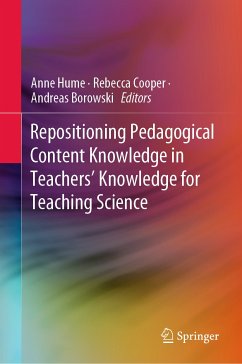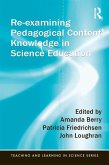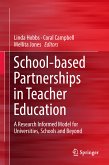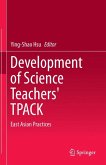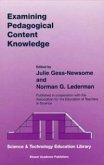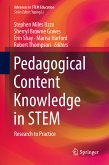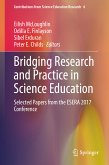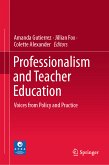This book enhances readers' understanding of science teachers' professional knowledge, and illustrates how the Pedagogical Content Knowledge research agenda can make a difference in teachers' practices and how students learn science. Importantly, it offers an updated international perspective on the evolving nature of Pedagogical Content Knowledge and how it is shaping research and teacher education agendas for science teaching. The first few chapters background and introduce a new model known as the Refined Consensus Model (RCM) of Pedagogical Content Knowledge (PCK) in science education, and clarify and demonstrate its use in research and teacher education and practice. Subsequent chapters show how this new consensus model of PCK in science education is strongly connected with empirical data of varying nature, contains a tailored language to describe the nature of PCK in science education, and can be used as a framework for illuminating past studies and informing the design of futurePCK studies in science education. By presenting and discussing the RCM of PCK within a variety of science education contexts, the book makes the model significantly more applicable to teachers' work.
Dieser Download kann aus rechtlichen Gründen nur mit Rechnungsadresse in A, B, BG, CY, CZ, D, DK, EW, E, FIN, F, GR, HR, H, IRL, I, LT, L, LR, M, NL, PL, P, R, S, SLO, SK ausgeliefert werden.

